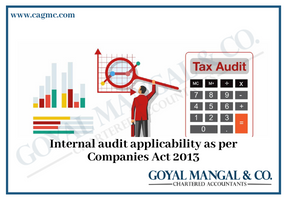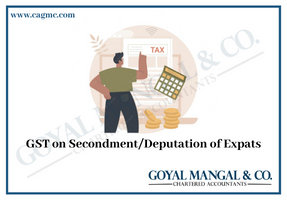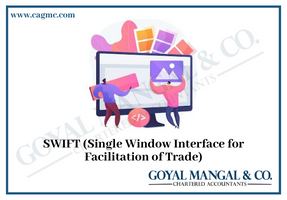Gratuity is a lump sum paid by a company when an employee leaves the organization and is one of the many retirement benefits the company offers to the employee. Currently, The Payment of Gratuity Act 1972 (the Gratuity Act) applies to employees working in factories, mines, oil fields, plantations, ports, railway companies, shops, or other…
Many people invest their money in shares and forget to claim it, or many expire before they claim it. In such cases, money remains unclaimed for many years. The Ministry of Corporate Affairs (MCA) therefore introduced the Investor Education and Protection Fund (IEPF) to ensure that unclaimed shares can be transferred and received by the…
If the taxpayer fails to furnish or file the TDS (Tax Deducted at Source) or TCS (Tax Collected at Source) return within the given time frame, he has to face the consequences of late filing charges under Section 234E. In addition, he is also liable to pay a fine under Section 271H. This post will…
When a company pays dividends before the company’s Annual General Meeting (AGM) and the publication of financial statements, it is known as an interim dividend. Payment is made either quarterly or semi-annually. The board of directors declares an interim dividend and the company’s shareholders ultimately approve it. The company declares and pays an interim dividend…
A professional employer organization (PEO) is a natural fit for startups because PEOs can offer access to enterprise HR services for organizations whose time, money, and expertise are scarce and of high value. Specifically, a startup working with a PEO delegates employee management functions—such as payroll, benefits, retirement programs, insurance benefits, etc.—without losing control of…
Internal auditing refers to the process of evaluating an organization’s internal controls, procedures, processes, and methods. The objective of the internal audit is to check the effectiveness of the operating standards established by the organization. It is carried out either by an employee of the organization or by an expert appointed by the board of…
Export-Import Policy or better known as Exim Policy is a set of guidelines and guidelines related to the import and export of goods. The current policy covers the period 2002-2007. On March 31 of each year and modifications, enhancements, and new schemes become effective from April 1 of each year. All types of changes or…
Joint development agreements are becoming a common form of real estate development in India as the government formulates policies and laws that facilitate the meeting of various stakeholders to participate in mutually beneficial propositions. Therefore each party also must have a clear understanding of the joint development agreements and how they work. Let us discuss…
Many multinational companies (MNCs) have a practice of seconding/representing one or more of their employees to sister companies in their country and abroad. Such transactions have come under the scrutiny of the ministry where the service tax requirement has been increased. Let us discuss the GST on the Secondment/Deputation of Expats. Table of Contents Facts…
Following the successful implementation of GST in July 2017, the Central Board of Indirect Taxes and Customs (CBIC) is rolling out systems to improve the way business is conducted. It continuously strives to bring simplicity, accountability, consistency, and transparency to the process of clearing all import and export transactions. As part of improvisational procedures, CBIC…









